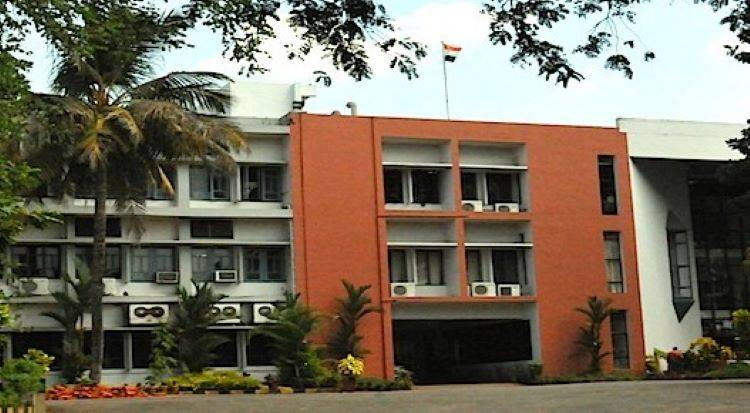
In a Friday (February 17) advisory, the institute that functions under the Indian Council of Agricultural Research (ICAR-IIWBR) urged farmers to inspect their wheat crops for yellow rust disease on a regular basis.
It stated that in the event of a sudden temperature increase, farmers should use light irrigation and spray potassium on the wheat plant to mitigate damage. However, if there is a strong wind, stop watering the plants because the crop may fall and cause additional damage.
"Temperatures in wheat-growing regions are rising intermittently and will continue for two to three days. We issued an advisory ahead of time to avoid any damage "Gyanendra Singh, director of ICAR-IIWBR, told ET.
"Farmers who have sprinkler irrigation can irrigate their field with a sprinkler for 30 minutes in the afternoon if the temperature rises," he said. According to the government's second advance estimate, wheat production will be a record 112.18 million tonnes this season, up 5% from last year.
Due to a severe heat wave, India's wheat output fell to 106.84 million tonnes last year, down from 109.59 million tonnes in 2021. Wheat is primarily grown in the states of Uttar Pradesh, Haryana, Punjab, Maharashtra, Bihar, MP, and Chhattisgarh. In April, the crop is harvested.
Millet is high in protein, fibre, vitamins, and minerals. Millet has the potential to protect cardiovascular health, prevent the onset of diabetes, help people achieve and keep a healthy weight, and manage gut inflammation.
















